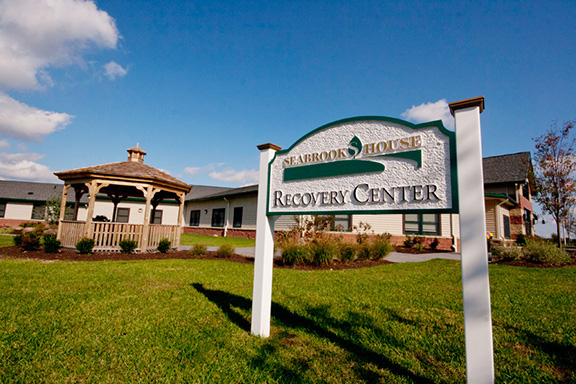The opioid epidemic has been fueled by the practice of doctors prescribing dozens of prescription pain pills to patients, but how did that become the norm in the first place?
It seems to have started with a one-paragraph letter that appeared in the New England Journal of Medicine in 1980.
Dr. Hershel Jick, a drug specialist at Boston University Medical Center, wrote the letter, which detailed how out of nearly 12,000 hospitalized patients who were given painkillers, only four patients developed an addiction.
“We conclude that despite widespread use of narcotic drugs in hospitals, the development of addiction is rare in medical patients with no history of addiction,” the letter read.
Now, the New England Journal of Medicine has published a new report by Canadian researchers looking at the devastating effect of that letter.
“From 1999 through 2015, more than 183,000 deaths from prescription opioids were reported in the United States, and millions of Americans are now addicted to opioids,” the report published June 1 reads. “The crisis arose in part because physicians were told that the risk of addiction was low when opioids were prescribed for chronic pain.”
The letter spurred an avalanche of opioid addiction in part because of how doctors, professors and pharmaceutical companies misunderstood the conclusion. The researchers found that the letter, nicknamed “Porter and Jick,” had been cited 608 times.
But most of those citations were inaccurate. Jick had looked at patients who were given drugs while still in a hospital and thus being constantly monitored, and also who were only taking opioids for a short period of time.
In nearly 500 of the citations, the authors of those articles did not note that the patients described in the letter were hospitalized while taking the drugs. Some “grossly misrepresented the conclusions,” according to the researchers.
“We believe that this citation pattern contributed to the North American opioid crisis by helping to shape a narrative that allayed prescribers’ concerns about the risk of addiction associated with long-term opioid therapy,” the newly published report reads. It also notes that, “in 2007, the manufacturer of OxyContin and three senior executives pleaded guilty to federal criminal charges that they misled regulators, doctors, and patients about the risk of addiction associated with the drug.”
Jick still works at Boston University School of Medicine. He told the Associated Press this week that he is “essentially mortified that that letter to the editor was used as an excuse to do what these drug companies did.”
“They used this letter to spread the word that these drugs were not very addictive,” he said. Jick noted that he testified as a government witness in a lawsuit some years ago concerning the marketing of pain drugs.
The National Institutes of Health will hold workshops in the coming weeks with leaders of drug companies, the AP reported, to develop next steps and make new treatments attainable sooner.



















